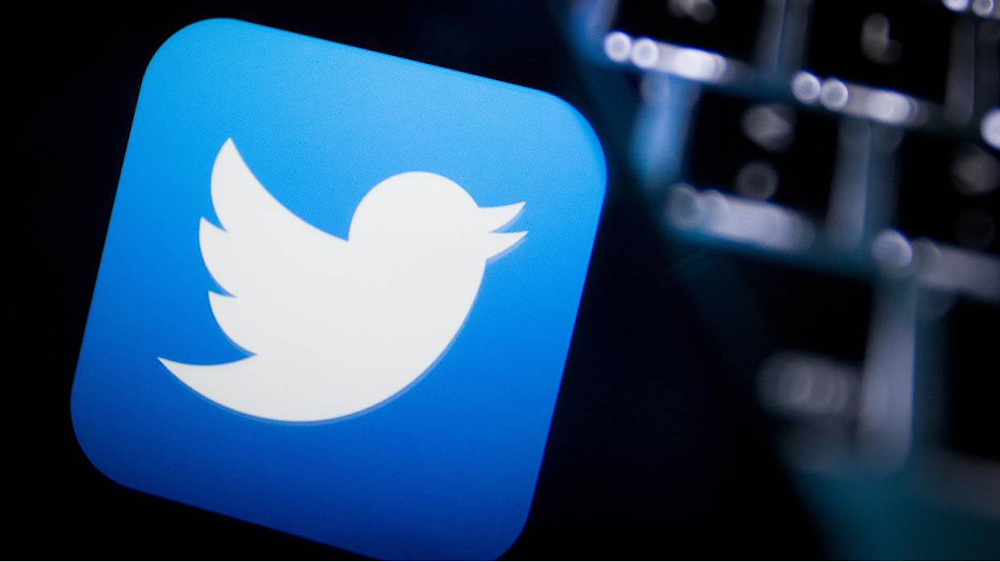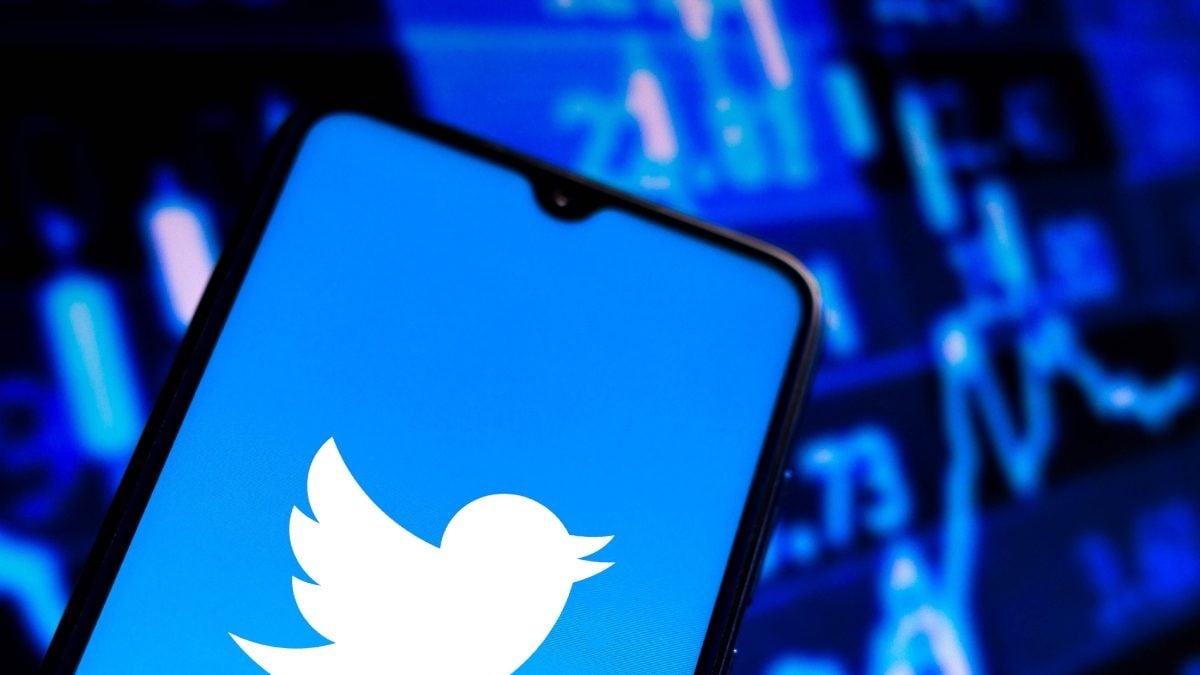Social media spaces, especially places like Twitter, are, you know, constantly changing, and they bring up all sorts of discussions, some of which are pretty complex. It's almost like a big, lively town square where everyone can speak their mind, and that means you get a real mix of things happening. This platform, which many people use to connect or just see what's new, faces quite a few unique challenges as it tries to manage all the different voices and activities.
Over time, the way Twitter works and what it means for people has shifted quite a bit. What started as a simple way to share quick thoughts has, in some respects, grown into something much bigger, yet also, it's had its share of ups and downs, especially when you look at its financial standing. We've seen, for example, a noticeable change in how the platform is valued compared to just a couple of years ago, and that's had a real impact on its overall situation.
This kind of environment, with all its different people and viewpoints, means that some very specific kinds of content and interactions can show up. You might find, like, everything from everyday chats to discussions about sensitive topics, and yes, even certain types of services, like those offered by escorts, can be seen there. The platform, it seems, has to deal with a lot of different things, including concerns about content that some find upsetting, and how it handles things like stopping accounts or dealing with people who report others.
Table of Contents
- User Perceptions and Platform Value - Is Twitter a Good Place?
- What Do People Really Think About Twitter?
- How Does User Trust Shape the Twitter Experience?
- The Shifting Sands of Twitter's Business - What's Happening?
- Why Are Advertisers Leaving Twitter?
- How Do Financial Changes Affect the Twitter Environment?
- Content Moderation and Community Challenges - Are Bans Effective on Twitter?
- What's the Deal with Twitter's Bans and Snitching?
- How Do "Dumb Shananigans" Impact Twitter's Community?
- The Complex World of User Content - What About Twitter Gay Inmate Sex and Other Discussions?
- The Presence of Escorts on Twitter - A Look at Content Diversity
- Addressing Sensitive Topics on Twitter - A Platform's Dilemma
User Perceptions and Platform Value - Is Twitter a Good Place?
When you consider how people feel about Twitter, it's interesting to see that a good portion of folks actually think it's a decent spot to be. Apparently, more than half of the people surveyed, like 58% in one instance, felt that it was a valuable place. Other numbers, like 56% and 51%, also point to this general agreement. These thoughts come from different sources, including a Mintel report from 2016 and what Twitter insiders themselves shared in 2017. The people who took part in these surveys, about 1,091 of them, gave us a pretty good idea of how the general public views the platform. It suggests that, despite some of the issues that come up, many users still find real worth in being there.
What Do People Really Think About Twitter?
It's pretty clear that for many, Twitter serves as a way to stay up to date with what's going on. People often go there to follow accounts like @twitter itself, just to keep an eye on what's happening in the world or with their interests. This desire to be informed, to be in the know, is a big part of why people stick around. It's almost like having a constant news feed tailored to your personal likes, and that, you know, can be very appealing. The platform’s ability to deliver quick updates and trending topics means that users often feel connected to broader conversations, which is a key draw for them.
A big part of being on Twitter is also about presenting yourself. Your profile photo, for instance, is a personal picture you put up on your account. It's really important that this picture is of you and that it's easy for others to recognize you from it. This helps people connect with friends and feel a sense of belonging. It's a way, too, for users to show a bit of who they are to the wider community, and that personal touch can make a big difference in how people interact with each other on the site.
How Does User Trust Shape the Twitter Experience?
The feeling of trust, or a lack of it, can really change how people use a platform. For example, some folks have been wondering if their feeds on what used to be called X are still having problems from a past security breach. This kind of question, you know, about whether things are working right or if the platform is safe, can make people hesitate. When there are concerns about hacks or system issues, it naturally makes users think twice about how much they rely on the service. A platform's reputation for being stable and secure is, arguably, a really big deal for keeping its users happy and engaged.
When users feel that the platform is reliable and that their interactions are secure, they are more likely to spend time there and share their thoughts. Conversely, if there are ongoing issues, even minor ones, it can chip away at that feeling of dependability. This is why, for instance, even a small glitch or a question about a past incident can, in a way, have a ripple effect on how the community perceives the overall health and trustworthiness of the platform. It's all about that sense of a stable and protected environment for everyone involved.
The Shifting Sands of Twitter's Business - What's Happening?
Looking at the business side of Twitter, or X as it's now known, you can see some pretty big changes have happened. The platform, for example, was stopped from running its own ads on its site at one point. This kind of move, you know, has a definite impact on how the business operates and how it brings in money. It also shows that there are various reasons why a platform might face restrictions or changes in its operations, which can influence its financial health and overall direction.
In a move that shows a different side of its operations, Twitter actually gave away a good sum of money, about $1.9 million, that a company called RT had spent on advertising across the globe. This money was then directed towards academic research focused on elections and other related projects. This action, you know, really highlights how platforms can get involved in broader societal issues, sometimes even using funds from past business dealings to support public interest initiatives. It's a way, perhaps, of contributing to a better public understanding of important topics.
Why Are Advertisers Leaving Twitter?
One of the more challenging things for Twitter recently has been the fact that many businesses pulling their advertisements. These companies, it seems, just didn't want their brand names to be seen alongside content that some people found hateful, like stuff that was against certain groups or showed bad feelings towards others. This kind of situation, you know, makes it really tough for the platform to keep its income steady. When advertisers feel uncomfortable about the kind of material present on a site, they tend to look for other places to put their ads.
This issue with advertisers is a big one because it directly affects the platform's ability to make money. If businesses don't feel their messages are safe or that their brand could be harmed by being associated with certain types of content, they will simply move their ad spending elsewhere. So, it's almost like a ripple effect, where the content on the platform directly impacts its financial well-being. This is, very, a significant challenge for any social media company that relies on advertising revenue.
How Do Financial Changes Affect the Twitter Environment?
When you look at the numbers, Twitter's value has dropped quite a bit, more than 70% less today than it was just two years ago when it was purchased. This financial shift, you know, definitely puts pressure on the platform. A significant drop in value can influence everything from how the company invests in new features to how it manages its staff. It's a clear sign that the business landscape for the platform has changed considerably in a relatively short period.
These financial changes can also affect the overall atmosphere of the platform. When a company is facing economic difficulties, it can sometimes lead to changes in how the service operates, perhaps even impacting user experience or the resources available for things like content moderation. It’s a bit like a ship sailing through rough waters; everyone on board feels the impact, and that includes the millions of people who use Twitter every day. This ongoing financial situation, naturally, is a topic of much discussion among those who follow the tech world.
Content Moderation and Community Challenges - Are Bans Effective on Twitter?
Twitter, it seems, has a bit of a reputation for being, well, not so great when it comes to stopping accounts or dealing with people who report others. Some users feel that the way bans are handled and the whole "snitching" process isn't really working as well as it should. This creates a sense of frustration among some parts of the user base, who might feel that rules aren't being enforced consistently or that problematic behavior isn't being addressed effectively. It's a tricky balance, really, trying to keep the platform open while also maintaining a safe environment for everyone.
The effectiveness of stopping accounts is a constant point of discussion. If users feel that reporting bad behavior doesn't lead to proper action, they might stop reporting things altogether, which could make the platform a less pleasant place. On the other hand, if bans are seen as too harsh or unfair, it can also lead to resentment. So, the platform is always, you know, walking a fine line when it comes to managing its rules and the people who use it.
What's the Deal with Twitter's Bans and Snitching?
There's a sense among some users that the "dumb shananigans" are really making it hard for Twitter accounts to stay active, with old ones getting shut down and new ones popping up almost immediately. It's like a game of whack-a-mole, where the platform is constantly trying to catch up with people who are, you know, finding ways around the rules. This constant cycle of accounts being created and then disappearing can make it really hard to build a stable community. It also means that the platform has to put a lot of effort into just keeping up with these kinds of activities.
This back-and-forth, with accounts getting stopped and new ones quickly appearing, highlights the ongoing challenge of content management on a large social platform. It suggests that some users are quite determined to keep creating new profiles, even after their previous ones have been taken down. This persistence, you know, makes it really tough for the platform's systems to maintain order and ensure that everyone is playing by the rules. It’s a bit of a cat-and-mouse game that seems to be always happening.
How Do "Dumb Shananigans" Impact Twitter's Community?
When you have these kinds of ongoing issues, where rules are seemingly being bypassed and accounts are constantly in flux, it can really affect the overall feeling of the community. Users might start to feel that the platform isn't as well-managed as it could be, or that certain types of troublesome behavior are just too hard to control. This can, in a way, lead to a less welcoming atmosphere for those who are just trying to connect with friends or follow what's happening in the world. It’s about the general sense of order, or lack thereof, that shapes the user experience.
The presence of these kinds of activities also means that the platform needs to keep investing in its ways of dealing with them. Whether it's through automated systems or human review, the effort required to manage this constant flow of problematic accounts is considerable. It's almost like trying to sweep water off a floor when the tap is still running, which, you know, is a continuous and demanding task for the people who run the site. This ongoing struggle can certainly impact how users perceive the platform's ability to maintain a healthy and functional community.
The Complex World of User Content - What About Twitter Gay Inmate Sex and Other Discussions?
On a platform as open as Twitter, you find all sorts of content, and some of it is definitely more sensitive than others. The very nature of a global public square means that a wide range of topics and interactions can appear. The platform, therefore, often finds itself needing to balance the idea of free expression with the need to keep things safe and appropriate for everyone. This includes managing discussions that might touch on very personal or even controversial subjects, which can be a tricky thing to do.
It's worth noting that many sites, including Twitter, use certain picture formats for sharing visual content. These formats, you know, are pretty standard across the internet. This technical aspect of how media is shared is important because it dictates how easily certain kinds of images can be put out there. The ease with which various forms of media can be uploaded and viewed contributes to the overall content landscape of the platform, whether it's everyday photos or more specific types of visual material.
The Presence of Escorts on Twitter - A Look at Content Diversity
It's a known thing that a good number of people offering escort services can be found on Twitter, as well as on other social media sites like Reddit, and specialized platforms such as Tryst, PD, TER, and P411. These individuals, you know, tend to operate in similar ways across these different online spaces. This presence highlights the diverse range of activities that can occur on a public platform, and it shows how individuals use these sites for various purposes, including those that might be considered adult in nature.
The existence of such content on Twitter presents a unique set of challenges for the platform. It means that the moderation teams have to constantly consider how to apply their rules regarding adult content, commercial activities, and user safety. This is a very complex area, as what might be acceptable in one context could be problematic in another. So, the platform is always, basically, trying to figure out the best way to handle these kinds of interactions while keeping its overall community guidelines in mind.
Addressing Sensitive Topics on Twitter - A Platform'
- Ronnie Dunn Walked Off Stage During A Concert In Indianapolis
- Kamala Harris Not Aspiring To Be Humble
- Jelly Roll On Trump
- Nikola Joki%C3%A4 Relationships
- Josh Dallas And Ginnifer Goodwin


